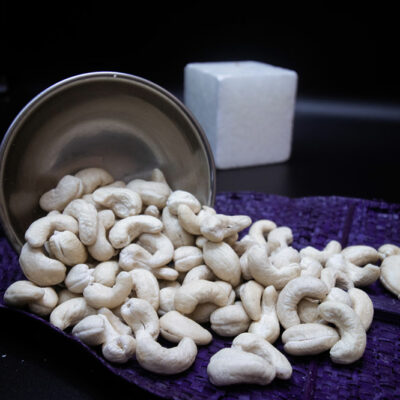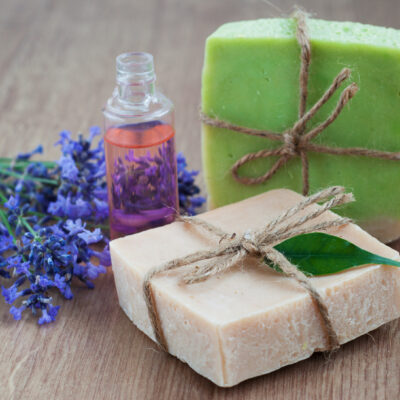
health
6 Alternative Treatments for Dry Eyes
Dry eyes occur due to the lack of sufficient tears. It can cause irritation in the eyes and other troublesome symptoms. Nearly 16 million Americans suffer from dry eye syndrome. Its symptoms include irritation in the eyes, redness, and discomfort. There are a number of treatment options available to treat this condition. To help you, here are six alternative treatments for dry eyes. Use a warm compress One of the helpful alternative treatments for dry eyes is to use a warm compress. For a warm compress, you need to dip a cloth in warm water and wring out the water. Then place the compress on each eye for a minute. You can also massage the edge of your eyelids. The moist heat from the compress reduces inflammation and loosen any oil clogging the tear gland. This is a natural way of getting relief and promoting tear production. Get sufficient rest The eyes need sufficient rest, especially while watching TV, using a laptop, or browsing on the phone. The 20/20 rule can be helpful. After every 20 minutes of work, close your eyes for 20 seconds to give it sufficient rest. Keep blinking One of the primary reasons for dry eyes is that people who work on computers stare at the screen for a long time without blinking.
Read More 















